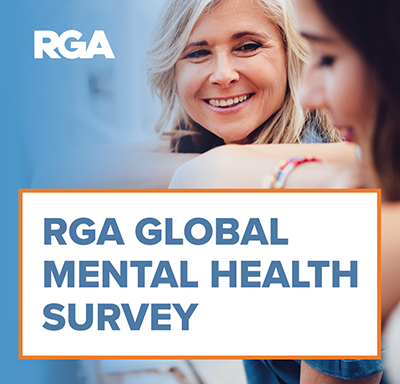The COVID-19 pandemic has reshaped the healthcare landscape worldwide, including an accelerated adoption of digital solutions. In Europe, this transformation has been particularly pronounced.
COVID-19 served as a catalyst for the digitalization of healthcare systems across the continent. Amid this progress, however, pandemic-driven adaptations also exposed socio-economic inequalities and digital literacy gaps. This dynamic presents a range of challenges and opportunities, and taking action now can help usher in a new era of healthcare accessibility and health insurance coverage.
| The CEOWORLD Magazine Health Care Index, which ranks 110 countries according to factors that contribute to overall health, is a statistical analysis of the overall quality of each nation's healthcare system, including healthcare infrastructure, healthcare professionals' competencies, cost per capita, quality medicine availability, and government readiness. In 2023, Europe occupies five of the top ten places: Sweden (5), Ireland (6), the Netherlands (7), Germany (8), and Norway (9).
|
Accelerated Digital Adoption
COVID-19 brought about a rapid surge in the use of digital tools for healthcare delivery, public health management, and COVID-19 vaccination administration across Europe. Various countries embraced telemedicine, remote consultations, patient apps, and wearables to monitor and manage patients effectively.
For example, in the Netherlands, the Luscii app allowed doctors to remotely monitor and guide patients with mild COVID-19 symptoms, using an AI clinical engine. This technology was endorsed by 94% of insurers and adopted by 50% of hospitals. Germany utilized the Divi intensiviregister, an online platform providing free information on available ventilator facilities, intensive care capabilities, and COVID-19 cases treated in hospitals. In the U.K., NHS England and NHS Improvement instigated a total triage model by phone or online, thereby eliminating the need for face-to face consults. Meanwhile, Italy introduced provisions to facilitate remote renewal of repeat prescriptions.
Booking systems and patient portals also played a crucial role in streamlining healthcare services during the pandemic and remain in use today.
In the U.K., the DrDoctor Patient Portal enables patients to book and change medical appointments online and is now live in 16 NHS Trusts across the country. Portugal's National Strategic Telehealth Plan features an Online Citizen Area, allowing access to electronic health records (EHRs), appointment booking with general practitioners, and vaccination card verification. Germany's Samedi platform enables people to manage doctor's appointments online and receive reminders on their smartphones.
Digital health tools were also deployed to support contact tracing efforts. While some countries faced delays due to regulatory hurdles, most European countries developed national contact tracing and warning applications. The European Federation Gateway Service enabled cross-border exchange of contact tracing keys, ensuring users received warning notifications regardless of the app used or member state visited.
Online Mental Health Services
The pandemic brought a new urgency to the issue of mental health, and European countries stepped up remote prevention and promotion measures. Germany and Austria, for example, expanded digital telephone and counselling services. In May 2021, the European Commission organized the online conference – “Mental health and the pandemic: living, caring acting!” – scaling up mental health capacity through innovative delivery methods and facilitated access.
SilverCloud Health in the U.K. offers an example of an online platform that provides digital interventions for mental health conditions as well as cognitive behavior therapy (CBT) courses that can be accessed 24/7. It is used by 75% of the NHS mental health services and was made free to all NHS staff and their families throughout the pandemic.
Mental health remains an important issue, particularly for frontline health workers.
The Ipsos Global Health Service Monitor is an annual study that explores the biggest health challenges facing people today and evaluates citizens’ perceptions of their country’s healthcare services’ ability to tackle them. Mental health came out as a top concern for countries around the world. In Europe, this concern was particularly acute among the following countries: Sweden, the U.K., Spain, Belgium, Germany, and the Netherlands.





